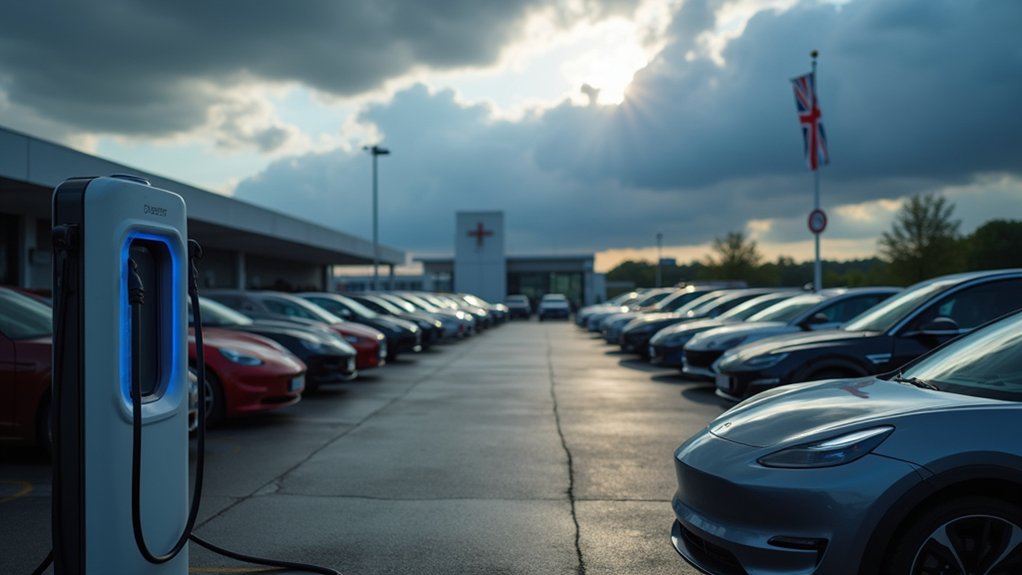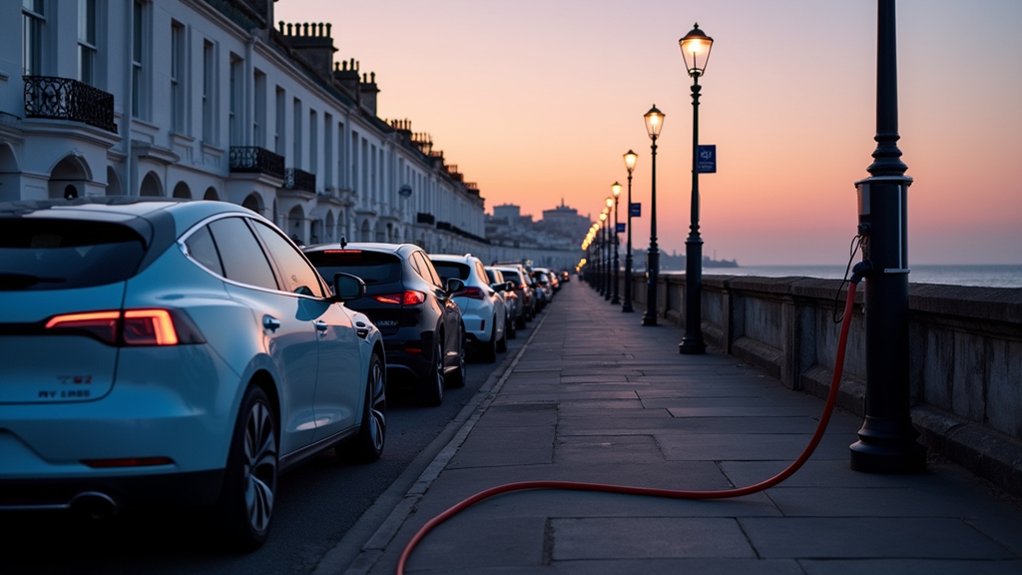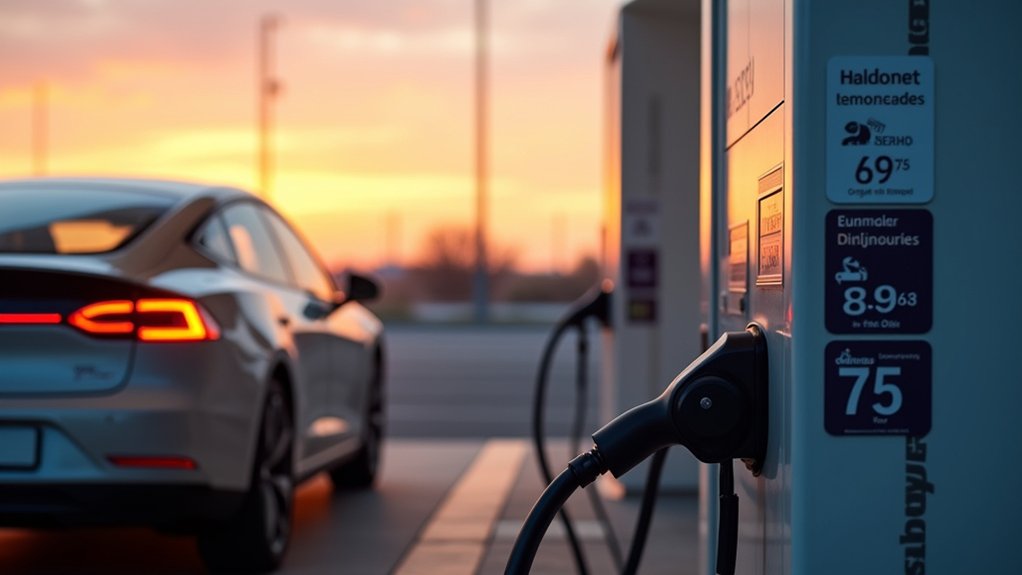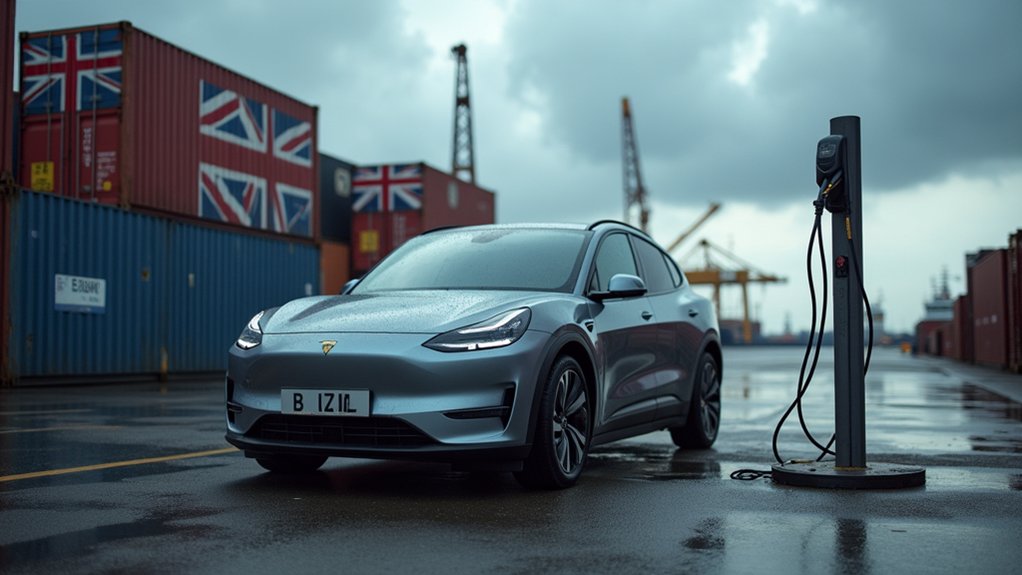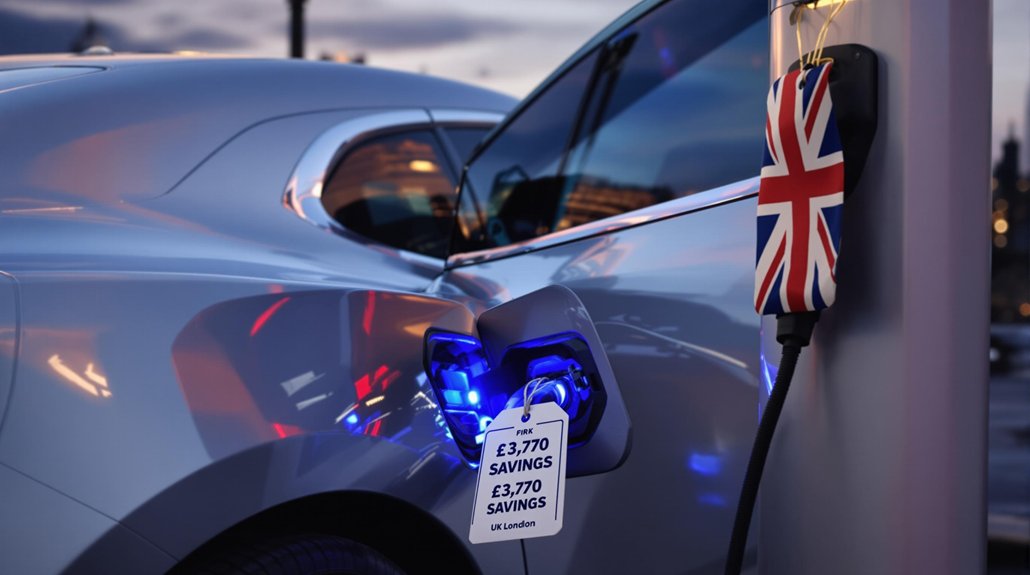While facing mounting pressure from automotive manufacturers and responding to slower-than-expected consumer adoption, the UK government has considerably relaxed its Zero Emission Vehicle mandate, providing the industry with greater flexibility to meet annual electric vehicle quotas.
The revised policy allows hybrids, including PHEVs and full HEVs, to remain on sale until 2035, a significant concession from initial targets expecting 28% of new car sales to be fully electric by 2025.
The modification comes amid underwhelming consumer demand for battery-electric vehicles, which has forced OEMs to apply substantial discounts to shift inventory. Manufacturers like Stellantis had warned of potential factory closures and job losses if strict quotas remained in place. This aligns with Stellantis chief Eurig Druce’s acknowledgment of the need for stimulation in market demand for EVs.
I’ve observed these market dynamics firsthand at dealerships, where EVs often sit prominently displayed yet relatively untouched by prospective buyers.
Financial implications for carmakers are substantial, with reduced penalties for missing targets and exemptions for small-volume manufacturers. This provides breathing room for niche producers who would have struggled with the rapid evolution timeline.
The government’s decision reflects a strategic balance between environmental policy initiatives and automotive industry challenges in the transition period.
The £6 billion infrastructure investment will support 300,000+ public chargers by 2030, addressing the critical range-anxiety barrier that continues to hamper adoption. Similar to the US NEVI program’s infrastructure focus, this funding aims to create comprehensive charging networks along major roadways and in underserved areas.
Environmental groups aren’t pleased. The relaxed mandate risks undermining UK climate targets, as hybrids—while transitional—still produce significant tailpipe emissions.
The delays effectively extend carbon production from transport, the sector responsible for nearly a quarter of UK emissions.
For consumers, the policy creates a more gradual evolution path. Hybrids offer a stepping-stone technology, though they ultimately represent halfway measures in emissions reduction.
EV discounting strategies may benefit buyers through improved affordability, something the government hopes will accelerate adoption.
Internationally, the UK’s approach mirrors similar flexibility seen in EU regulations, though it contrasts with China’s aggressive EV production trajectory.
Despite ranking third globally in EV sales with 382,000 units in 2024, the UK’s charging infrastructure remains comparatively underdeveloped—a challenge this revised roadmap aims to address without overwhelming an industry in evolution.
